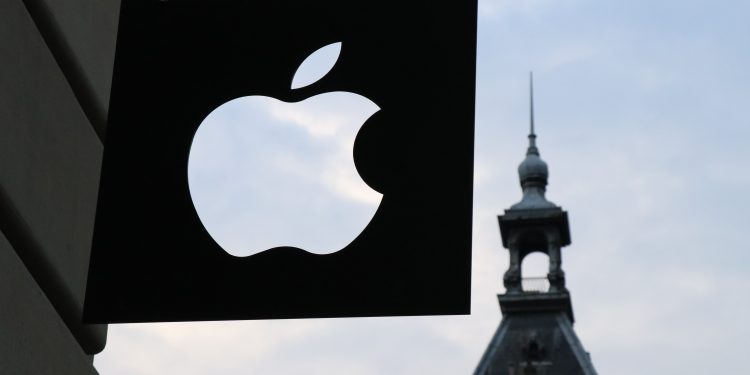Apple is offering Apple Card users a way to grow their Daily Cash rewards by depositing it into a savings account from Goldman Sachs, which yields upwards of 4% a year.
This new offering is the most recent in a string of financial efforts from Apple, which are helping the tech giant compete directly with banks. Last year, Apple rolled out a credit card offering—also with Goldman Sachs—and this year the company rolled out a native BNPL program. Apple also has a digital wallet associated with its Apple Pay app.
Apple’s entry into the savings account market is a clear indication of the rapidly evolving payments industry, where the integration of technology and finance is driving innovation and competition. And considering Apple’s extensive customer base and established brand, it will surely have a substantial impact on the industry.
Competition Is Heating Up
Apple isn’t the only tech company making a name for itself in the financial space. In fact, many businesses are increasingly adopting strategies to encourage customers to switch to digital wallets by incorporating additional features that offer greater value and convenience.
Square recently acquired Afterpay, a BNPL company that allows customers to pay for purchases in installments. Similarly, PayPal added cryptocurrency trading options to its digital wallet, enabling customers to buy, sell, and hold various digital currencies.
Other inroads on banking are being attempted by Twitter.
Elon Musk, the CEO of Tesla and SpaceX, has hinted to turning Twitter into a payments company by incorporating a payments feature within the platform. This would allow Twitter users to send and receive payments directly through the platform, eliminating the need to switch to other payment apps or services.
Musk believes that this feature could help Twitter monetize its platform and reduce its reliance on advertising revenue. With the rise of digital payments and the growing adoption of cryptocurrencies, integrating payment options could also help Twitter stay competitive in a rapidly evolving market. There’s no doubt this will be a space to continue to watch for, as these tech companies evolve over time, with some businesses possibly eclipsing their founding business model. Amazon, after all, started selling books. Perhaps we’ll look back fondly on Apple and remember a time when it was simply selling hardware.











